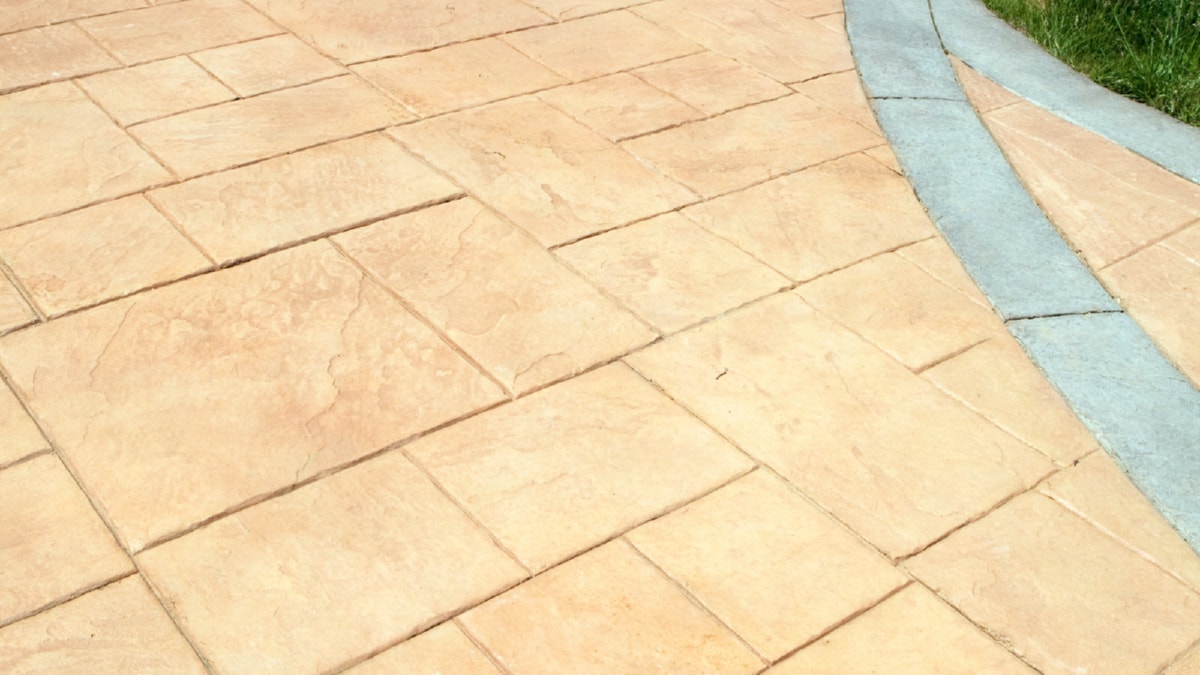Advancements in modern construction techniques have revolutionized the way buildings are constructed. This evolution has not only enhanced the architectural capacities but also played a significant role in improving safety measures and reducing the environmental impact of construction projects. Technological advancements have brought a new level of sophistication and efficiency to the construction industry, from the utilization of building information modeling (BIM) to the adoption of 3D printing in construction.
The construction industry is characterized by a constant transformation, and one of the most significant changes is the use of advanced construction materials. Construction materials have evolved from traditional bricks and mortar to more sophisticated and durable materials such as composite materials. These materials not only enhance the structural integrity of buildings but also significantly reduce the construction time and cost. Furthermore, the trend towards more eco-friendly construction materials is increasingly gaining traction in the industry.
Technology is transforming the construction industry in ways unimaginable a few decades ago. The use of drones in construction has boosted productivity, safety, and efficiency. For instance, drones are being used for mapping, while AI and machine learning are applied in construction planning. Moreover, augmented reality (AR) technologies are increasingly being used for safety instructions, providing a more immersive and interactive experience for construction professionals.
Construction practices are gradually shifting towards sustainability. The use of sustainable construction techniques has become more prevalent as the industry strives to minimize its environmental impact. Sustainable construction involves the use of green technologies and construction methods that reduce carbon footprint. Additionally, many construction companies are now adopting passive house standards to showcase their commitment to sustainability.
Looking ahead, the future of construction lies in smart buildings. Smart buildings are designed and built using innovative systems that allow for the autonomous control of various building operations such as lighting. These buildings are not only more sustainable but also provide a higher level of comfort and convenience to their occupants. As technology continues to evolve, we can expect the construction of smart buildings to become the norm rather than the exception.
To conclude, the eco-friendly construction industry is experiencing a wave of technological advancements and sustainable practices. These changes are transforming the way buildings are designed and constructed, leading to safer, more efficient, and sustainable structures. As we move forward, we can expect these trends to continue and shape the future of the construction industry.
.
For more details, check best chimney restoration and rebuild services or visit their business listing here.



